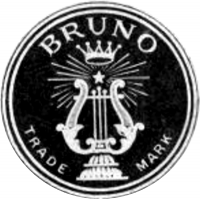

Parent brand:
product types:
- banjos
- mandolins
- ukuleles
- acoustic guitars
- bass guitars
- classical guitars
- electric guitars
Information:
An instrument importer and dealer, Charles Bruno immigrated from Germany to Macon, Georgia in 1832. In 1834, Bruno moved to New York where he probably worked as a clerk or salesman for several years before being listed as a book seller in 1837. In 1838 Bruno formed a partnership with Christian F. Martin. His book shop on Fulton Street most likely served as a retail outlet for Martin's guitars. When Bruno & Martin dissolved their partnership in 1839, Bruno left New York for several years.
On his return to New York Bruno established the partnership Bruno & Cargill from 1851 to 1853, and then Bruno, Weissenborn and Company with Herman W. Weissenborn (this was not the designer of the Weissenborn lap steel guitar - that was Hermann C. Weissenborn) 1854 to 1857.
Bruno formed the sucessful Bruno & Son partnership with his son Charles Bruno Junior. Charles Bruno Senior died in 1884 leaving his son to run the business.
Just before noon on April 17th 1912, despondent because of his prolonged ill-health, Charles Bruno Junior committed suicide by a shot through the right temple. His body was found in a lavatory on the second floor of his factory at 356 Broadway. Bruno was aged 67 at the time, a very wealthy widower with two sons who were also involved in the business.
Charles Bruno's 19th century firm sold all types of instruments but its not known how many were actually manufactured rather than just branded by the company. By the 1960s there was a wide range of brand names distributed by Bruno including: Carlos, Castilla, Conqueror, Hikari, Lyra, Maxitone, Trump and Ventura.
At some point C. Bruno & Sons was acquired by the Kaman Corporation.
Sources:
New York Times, April 18, 1912.
Musical instrument makers of New York: a directory of eighteenth and nineteenth century urban craftsmen. Nancy Groce. Pendragon Press. 1991
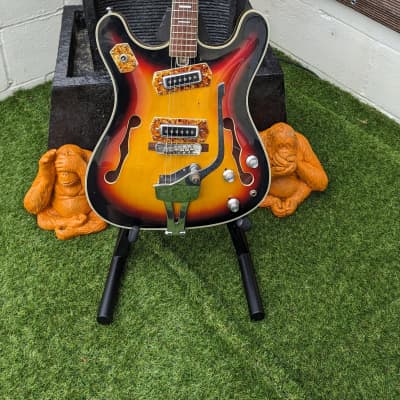
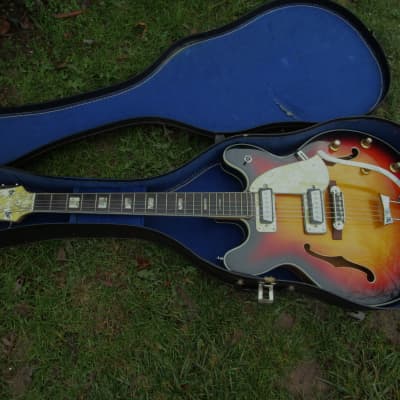
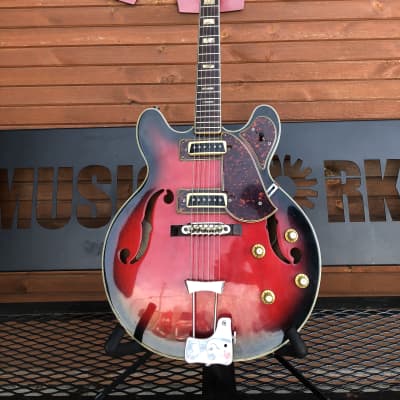
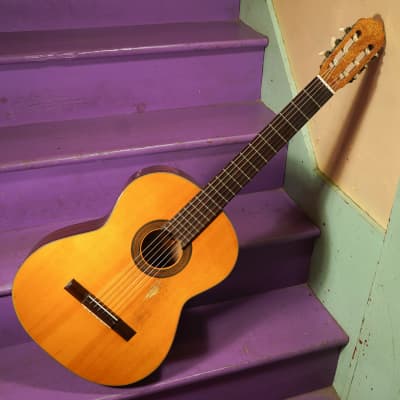





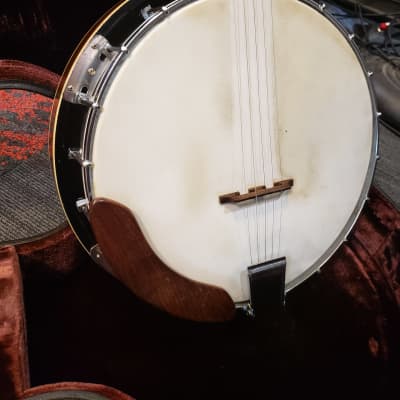
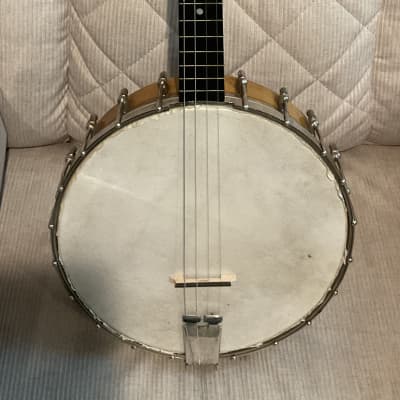

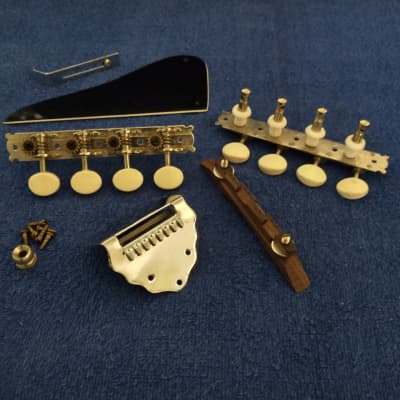


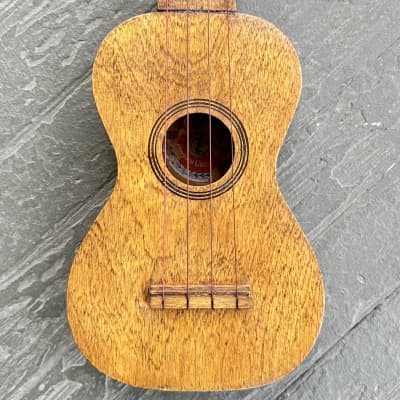
2 Comments
Regina Music Box
Submitted by Sandy (not verified) on
I volunteer with the Patrick Ranch Museum in Durham California. We have a Regina music box in the collection and recently discovered that it was shipped from the factory December 22, 1898 to C. Bruno and Sons. Do you know if that compayn Bruno and Sons would have sold music boxes?? It has a coin slot in it which might indicate that it would be been in a hotel lobby or place of entertainment. Can you help here?
Regina music box
Submitted by guitar-list on
I think Bruno and Sons sold all manner of musical instruments and accessories so it is likely that they also offered music boxes.
Al Meekins has some Regina music box information pages - I would ask him about the coin slots etc.
http://antiquemusicboxes.com/regina_music_box_operating_instr.htm
http://antiquemusicboxes.com/wood.html